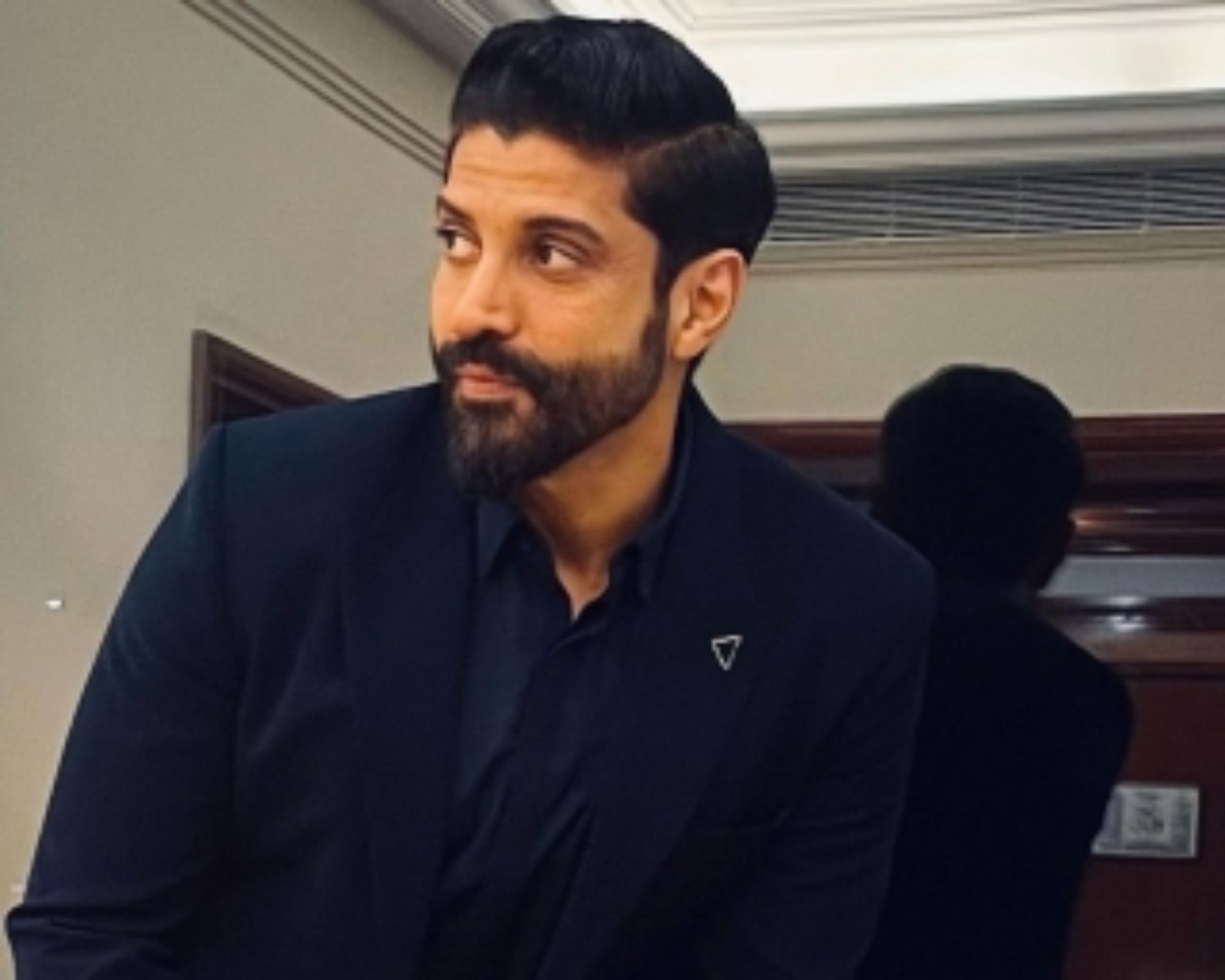Title: Men Today Are Also Victims of Patriarchy: A Reflection Inspired by Farhan Akhtar
Introduction

Patriarchy, often understood as a social system where men hold primary power and predominate in roles of political leadership, moral authority, and social privilege, has been the subject of intense critique for decades. Feminist scholars have meticulously documented how patriarchy oppresses women, limiting their opportunities and freedoms. However, in recent years, there has been a growing recognition that patriarchy also adversely affects men, a sentiment echoed by Bollywood actor and activist Akhtar. Akhtar’s statement that “Men today are also ” sheds light on an often-overlooked dimension of gender dynamics, emphasizing that the patriarchal system is detrimental to all genders, albeit in different ways.
indiafastearning.comhttps://indianfastearning.com/
Understanding Patriarchy’s Impact on Men
Patriarchy dictates strict gender roles, confining men and women to specific expectations that limit individual expression and well-being. For men, this often means being forced into a mold of stoicism, aggression, and dominance. This emotional repression can lead to severe psychological consequences, including anxiety, depression, and a higher risk of suicide.
youtubehttps://youtu.be/sy36KPQd7-A?si=Fq-xVyqUQvvGwy5d
Moreover, patriarchy pressures men to conform to the ideals of being the primary breadwinner and protector. This can lead to immense stress, especially in a rapidly changing world where traditional gender roles are increasingly being challenged. The expectation to always be strong and in control leaves little room for men to seek help or admit when they are struggling, exacerbating feelings of isolation and inadequacy.
Farhan Akhtar’s Perspective
Akhtar, known not only for his work in film but also for his activism, particularly through the MARD (Men Against Rape and Discrimination) campaign, has been vocal about the need for men to recognize and challenge the toxic aspects of patriarchy. Akhtar’s assertion that men are also victims of this system is significant because it broadens the conversation on gender equality. It challenges the misconception that patriarchy benefits all men, highlighting instead that while some men may enjoy certain privileges, the system as a whole is harmful.
Akhtar’s viewpoint encourages men to question the societal norms that dictate how they should behave and to reject the idea that masculinity is synonymous with dominance or emotional repression. By acknowledging the pain that patriarchy inflicts on men, he advocates for a more compassionate and inclusive understanding of gender, one that allows individuals to define their identities and
The Psychological Toll on Men
One of the most insidious effects of patriarchy on men is the psychological toll it takes. Studies have shown that men are less likely to seek help for mental health issues due to the stigma associated with appearing weak. The rigid expectations of masculinity discourage men from expressing vulnerability, leading to a culture of silence around mental health struggles. This has contributed to alarmingly high rates of suicide among men globally. According to the World Health Organization, men are almost twice as likely as women to die by suicide, a statistic that reflects the deep-rooted impact of patriarchal norms on men’s mental health.
Additionally, the pressure to conform to traditional masculine roles can lead to stress-related illnesses, substance abuse, and aggressive behavior. Men are often socialized to value power and control, which can manifest in unhealthy ways, including domestic violence. However, the root cause of such behavior is often a deep-seated insecurity and a lack of emotional outlets, both products of a patriarchal upbringing.
Social Isolation and Alienation
Patriarchy not only affects men’s internal world but also their social relationships. The expectation that men must always be self-reliant and independent can lead to social isolation. Unlike women, who are often encouraged to build and maintain strong social networks, men may struggle to form close, supportive relationships. This lack of social support can exacerbate feelings of loneliness and alienation, contributing to a sense of purposelessness that is detrimental to their overall well-being.
Furthermore, the competitive nature of patriarchal societies pits men against each other, fostering environments where cooperation and mutual support are undervalued. This competitive mindset can lead to strained relationships and a lack of trust, making it difficult for men to form genuine connections. In the long run, this alienation can have profound effects on men’s ability to lead fulfilling lives.
Economic and Professional Pressures
In the professional realm, patriarchy imposes significant burdens on men by upholding the notion that they must be the primary earners and achievers. This expectation can lead to tremendous pressure to succeed financially, often at the expense of personal happiness and well-being. The drive to fulfill these patriarchal expectations can push men into career paths that do not align with their passions or interests, leading to job dissatisfaction and burnout.
Moreover, the pressure to succeed professionally can strain relationships with family and loved ones. Men may feel compelled to prioritize work over personal life, leading to a work-life imbalance that can have negative repercussions on their health and relationships. The pursuit of success, as defined by patriarchal standards, often comes at a high cost, leaving many men feeling unfulfilled and disconnected from their true selves.
Reimagining Masculinity
To truly liberate men from the constraints of patriarchy, there needs to be a reimagining of masculinity. This involves challenging the traditional notions of what it means to be a man and embracing a more diverse and inclusive understanding of masculinity. Men should be encouraged to express their emotions, seek help when needed, and pursue careers and lifestyles that align with their true selves rather than societal expectations.
Educational initiatives, like Akhtar’s MARD campaign, play a crucial role in this transformation by raising awareness and encouraging conversations about the harmful effects of patriarchy on men. By promoting alternative models of masculinity that prioritize empathy, vulnerability, and equality, society can begin to dismantle the rigid gender norms that have persisted for centuries.







